It came as a shock to all of us, covid-19 turned everything we know upside down and running a business on planet Earth became a real circus. The normal functioning of society came to an abrupt halt, markets crashed, and businesses closed down, many of them forever!
It emerged from the far-east, in Wuhan, China. Early in the year we started seeing trolls about the virus on social media. But as we witnessed the relentless advance of Covid-19, our attitudes toward it changed. It was when the corona virus ravaged Italy and many other EU states that it became clear that the world was about to change. Europe, a super power in all respects, was put to its knees, their healthcare systems, their economies, all pushed to the brink of collapse.
Observers in South Africa were taking note. Those with larger balance sheets started preparing for the inevitable, they bolstered their digital communication capabilities and prepared their staff complements for remote working. This did go some way in cushioning the blow of covid-19, but there was more yet to unfold. The economy would take a deep dive. Smaller businesses were helpless, many of them would close their doors for the last time.
In March the president of the Republic of South Africa announced that the country would be going under a strict lockdown for 21 days, an effort to curb the spread of the virus. These 21 days were subsequently extended by another 14 days, and then a reopening of the economy was announced but this reopening was to occur in stages.
The point is that the country is still under lockdown, business is still restricted, there are cumbersome requirements for safety reasons, among them is that establishments cannot operate at full capacity while their fixed costs like rent and data costs remain unchanged. This has all resulted in massive retrenchments across industries. Sasol, Bidvest, Game combined have retrenched thousands. Large corporates, among them Standard Bank and Absa are planning job cuts. It goes without saying that smaller business did the same, if they did not disappear altogether.
Another victim is Edcon who were already in troubled waters and the virus was the last blow, they liquidated. SAA normally sees government sending a few billions their way, but conditions are too stretched this time around, and despite union intervention, they too seem to be fading into the histories. These are more job losses.
With less people earning an income in South Africa spending will decrease meaning that the retailers, supermarkets, and others servicing end-users will be seeing less customers, and therefore decreased revenue. This will force them to consider further reducing their costs, again less spending. And these entire value chains will be impacted in a similar way, the suppliers will receive less orders, couriers and logistics will be impacted. This observation leads to the conclusion that there’ll be less buying, less buying by one means less income for someone else. On top of the job losses, discretionary spending drops by 50% in countries under lockdown, this is according to McKinsey.
On articles by McKinsey and PWC, it is suggested that for many if not all businesses there is no clear direction, the uncertainty persists. And this simply means that the business that is to survive 2020 and beyond must, at least, have increased flexibility and adaptability and must plan ahead, and in doing so keep sustainability at the core of their planning.
PWC suggests that businesses, among other things, should formulate strategies to drive traffic back to businesses, very wise but where is the money going to come from if people have lost their sources of income? These are the questions that we need to try and find answers to. A migration toward digitization may assist. This growing trend can be a solution for business but it can also be a new income source for many.
For instance young people who are already familiar with social media can offer to help those who aren’t so savvy to market their businesses online. The leveraging of this simple technology can go a long way in helping our current situation.
An illustration of the power of social media can be seen in the township of Kanyamazane, just outside of Nelspruit Mpumalanga where a young lady, Michelle Zwane who has been leveraging the township economy through social media. Among the things she does is selling fast-food. She used her social media following on Facebook to market this business, and during the lockdown she simply offered to deliver orders to customers she was already interacting with online. She stayed in business amid the carnage that was going on.
In another case, agility has been displayed by two young entrepreneurs, Daniel Sebothoma and Lwazi Basholo from the West Rand of Johannesburg. These young men are the founders of the Keep Pushing Social Market. Their business is predominantly social markets that rely on human gatherings and Covid presented an obvious problem, they could not host any events. So in response they leap-frogged over the problem they faced by simply turning to e-commerce and taking their business online. They created an online platform where vendors could market and sell products. This initiative ensures an income not only for themselves but for the vendors who use it!
What we are experiencing now, because of this pandemic, is the unthinkable, and business leaders are living through their worst nightmares. Perhaps this is the time to revisit the “truths” we know about society, governance and business, and critically re-evaluate them. The business textbooks are being re-written, and we are the subject. The solutions to this mess are at hand, we need only reach out, refine them and put them to use, and we might put together the next big thing.
